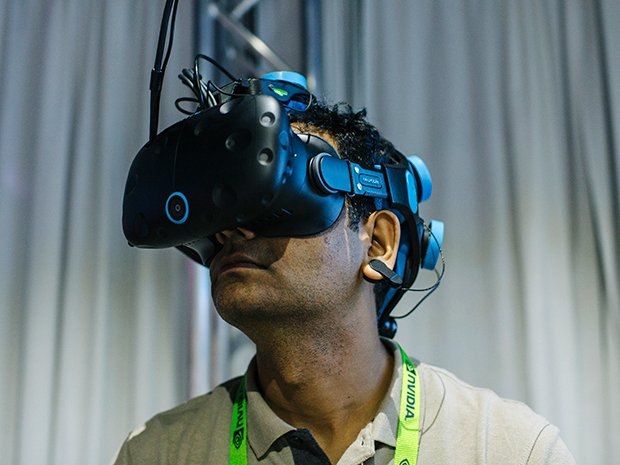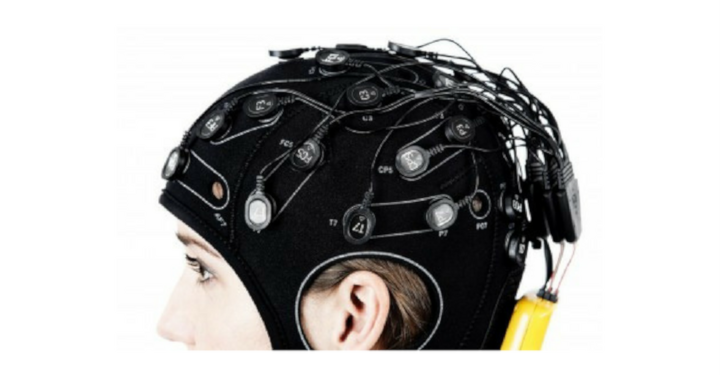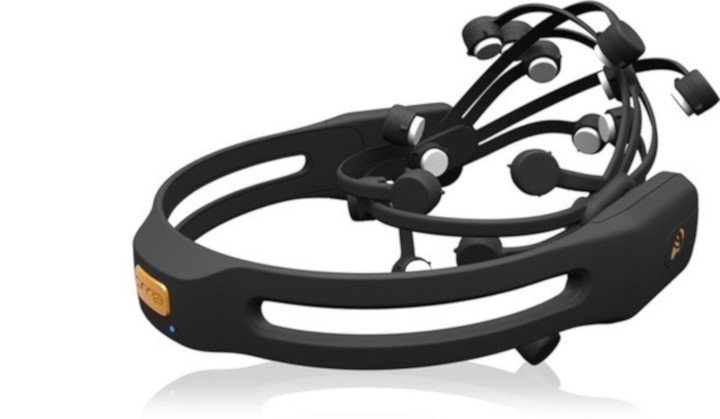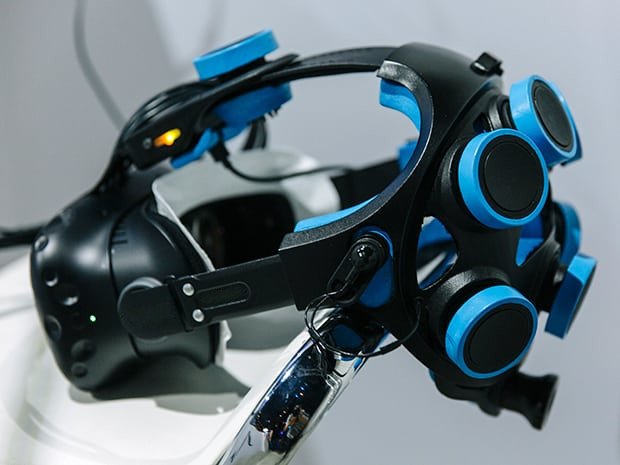
Figure 1: Virtual Reality and Mind Control Headset
Introduction
Virtual Reality has become an important technology in many areas. Machine operators use them in automated production lines to monitor and manipulate robotic operations. Conference rooms with global participants has become a more efficient means of conducting business without the related travel expenses and lost time. VR classrooms mitigate the hazards of violence in schools. VR night clubs are a safe and convenient means for young people to meet and socialize. It all started with VR games. I played my first VR game in the early 1990s. At that time, it was more like a cartoon environment. Today, I have been inside a VR house that was so real, you could forget where you are. In all cases, hand controls were used. Imagine getting rid of the hands controls and using only your mind to manipulate the environment by just thinking about it. That day has already arrived.
EEG versus MEG
There are two different kinds of brain wave sensors. EEG or electroencephalogram measures electric fields emanating from the brain [1]. MEG or magnetoencephalogram measures magnetic fields emanating from the brain [2]. Each yields different types of data from the same source, your brain.
The EEG is presently the most common sensor. One common type consists, basically, of a simple conductive electrode with fingers that touch the scalp through the hair without shaving your head and referenced to another electrode touching some other part of your head, usually an earlobe. The very small sensor voltages are amplified by high gain instrumentation amplifiers and displayed on an oscilloscope or spectrum analyzer.
EEG and Mind Control Games
A few years ago, a headset was introduced to the market for playing games on a PC by mind control alone. The headset was not convenient to use and the games not very advanced. The headset used a large array of EEG sensors on a cap that fit over the entire head similar to that shown in Figure 2. Today, that has all changed. The number of EEG sensors has been reduced and mounted on the head by a banded array of sensors connected by plastic or metal straps. Simple headsets are available with a minimal number of sensors that are more aesthetically pleasing and not so cumbersome, such as shown in Figure 3.

Figure 2: Full Array of EEG Sensors Headset

Figure 3: Streamline Array of EEG Sensors Headset
VR and EEG
Commercially viable Virtual reality and VR headsets are a much newer tech than the prior existing EEG mind control equipment. The modern VR headsets were made possible due to Liquid Crystal Displays that form small flat screens creating stereo, or 3D, images for each eye. One big issue with VR headsets and the computer interface is the hand controls. Hand controls are required to navigate VR space, manipulate objects and control embedded systems. Hand controls are essentially your hands and feet in virtual reality. However, this interface can be modified by the introduction of EEG mind control tech. Combine the VR headset with an EEG headset and you have mind controlled Virtual Reality with minimal need for hand controls. In some instances, hand controls may be entirely unnecessary. You could fly around the world in VR space like superman while your body remained motionless. Figure 3 is an example of the latest combined VR and EEG Mind Control Tech that allows you to do just that.
Not Just for Games
I had an elderly uncle who slipped and fell in the kitchen and broke his neck. He was paralyzed from the neck down. He could not even swallow anything. His only means of communication was by blinking his eyes. He lived like that for nearly three years before he passed away. What he would have given for a VR Mind Control unit? Paralyzed people can navigate VR space like a super human with hand controls. But, what if they have no arms? What if they are paralyzed like my uncle? VR Mind Control is the answer.

Figure 4: Virtual Reality and EEG Headset
Conclusion
Virtual Reality technology has become highly sophisticated. So has EEG mind control tech. The combination is now commercially available and solves many problems, some of which are quite serious. This is not a kids game anymore. This has major implications for real life applications, some of which could enrich elderly and invalid persons lives, who might otherwise only just exist. A quadriplegic could navigate VR space and even manage a regular job or business as if he had both arms and legs. This technology could give many people back their lives.
References:
Congratulations @jrmagnetics! You have completed the following achievement on the Steem blockchain and have been rewarded with new badge(s) :
You can view your badges on your Steem Board and compare to others on the Steem Ranking
If you no longer want to receive notifications, reply to this comment with the word
STOPVote for @Steemitboard as a witness to get one more award and increased upvotes!